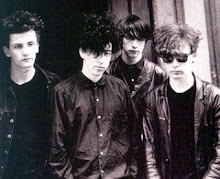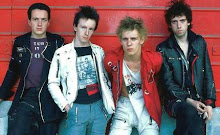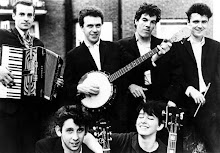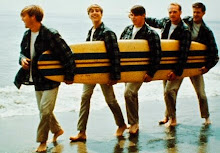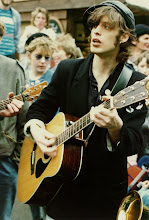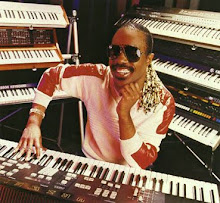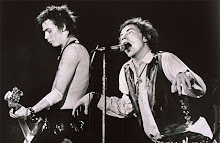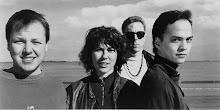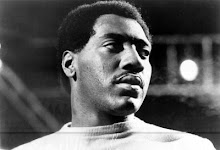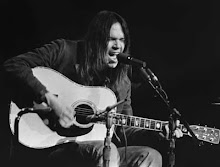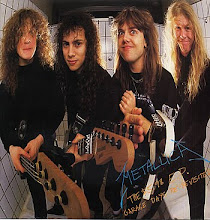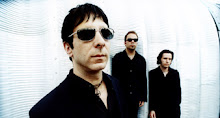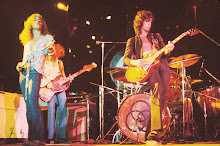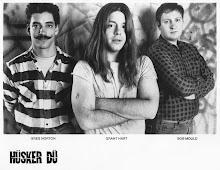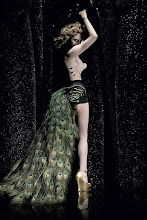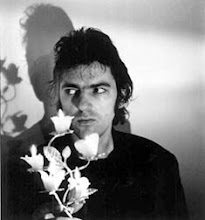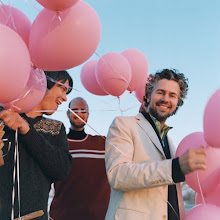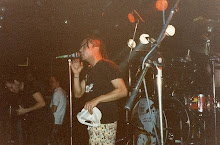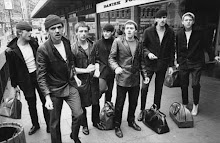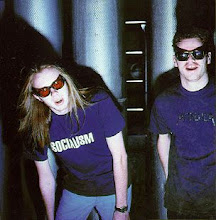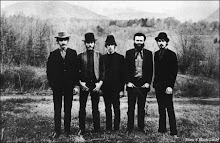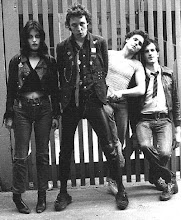
There are many bands that I learned to love over a long period of time, while others hit me straight between the eyes the first time I heard them. In the case of Pixies ( no "The" required ) it was an instant knock-out.
I first heard about them when they were touring the UK with the Throwing Muses in 1988 and the music magazines of the day went ballistic over them. The late, lamented Sounds gave away a free 7" single featuring the songs Down To The Well and Rock A My Soul which were quirky and spooky, especially compared to the fey indie-pop of the time, typified by the C86 scene.
I missed out on their mini-album, Come On Pilgrim, but bought Surfer Rosa and was amazed by I'm Amazed, lost my mind to Where Is My Mind? etc. etc.
Pixies' early music is a strange, dark world of weird sexuality, mutilation and swearing in Spanish. Black Francis' lyrics are visceral and Biblical, obsessed with pain and pleasure in songs such as Bone Machine, Break My Body and Broken Face, but turning strangely goofy on songs like Tony's Theme and Oh, My Golly! His vocals, now sensual, now raw and screaming, interact with Kim Deal's huskily sexy voice and forceful bass-playing, and with David Lovering's pounding drums, to create an uncertain, edgy glimpse into Pixie-world. Cutting through and underpinning all this is the wailing, moaning, grinding, dirty guitar-sound of the sadly underrated Joey Santiago ( and isn't that the coolest name ever for a guitarist? ), a six-string symphony of deviancy. The production, courtesy of the controversial Steve Albini, is suitably brutal, everything turned up to ear-lacerating volumes. The stop/start, loud/quiet dynamics ( more fully realised on the next album ) were to be a major inspiration to more commercially-successful bands like Nirvana and Smashing Pumpkins.
Pixies were to go on to more ( limited ) success with their next album, Doolittle, which had some fantastic songs ( Debaser, Monkey Gone To Heaven, Wave Of Mutilation ) and a smoother but still unconventional sound. But I'll always go back to the bruises, incest and cactus-littered landscapes of Surfer Rosa. I think I need a shower now.....
Song to play as the walls come tumbling down: Where Is My Mind?















